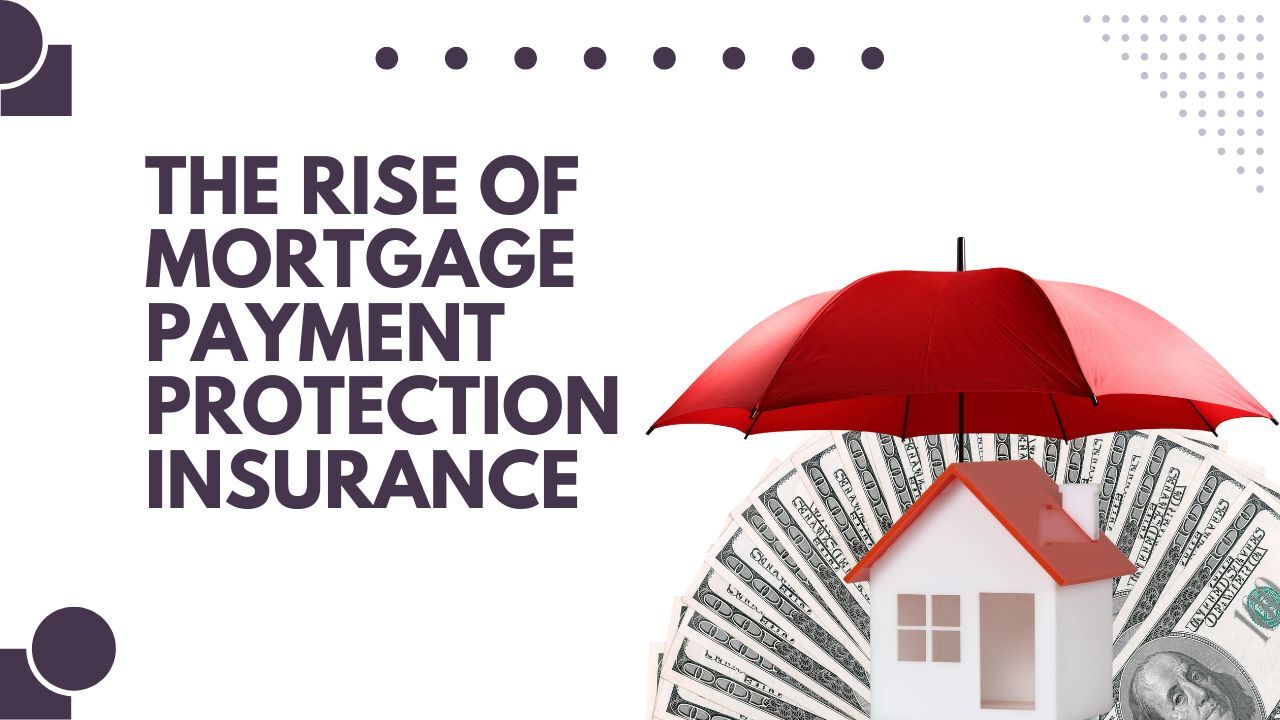Why Your Mortgage Has an Escrow Account and How It Works for You
 When you close on a home loan, you’ll likely hear the term “escrow account” mentioned—and if you’re like most buyers, you may not be entirely sure what it means. While it might sound complicated, an escrow account is a helpful tool that simplifies homeownership and protects your investment.
When you close on a home loan, you’ll likely hear the term “escrow account” mentioned—and if you’re like most buyers, you may not be entirely sure what it means. While it might sound complicated, an escrow account is a helpful tool that simplifies homeownership and protects your investment.
What is an Escrow Account?
An escrow account is a separate account set up by your mortgage servicer to hold funds for specific home-related expenses, most commonly property taxes and homeowners’ insurance. Rather than paying those large bills all at once, you make monthly contributions as part of your mortgage payment. When the bills come due, your mortgage servicer pays them on your behalf from the escrow account.
Why Do Lenders Require Escrow Accounts?
Lenders want to ensure your property taxes and insurance premiums are paid on time. If those payments aren’t made, your home could be at risk, either from legal claims (like a tax lien) or from damage without insurance coverage. Since your home is the collateral for the mortgage, it’s in the lender’s best interest to protect it.
That’s why many mortgage lenders require escrow accounts, especially for borrowers who make smaller down payments or use government-backed loans. In some cases, if you put down at least 20%, you may be able to opt out—but it depends on your lender’s guidelines.
How Escrow Accounts Affect Your Monthly Payment
Your monthly mortgage payment includes more than just principal and interest—it often includes escrow payments, too. Each year, your lender estimates how much you’ll owe in taxes and insurance, divides that total by 12, and adds that amount to your monthly bill.
Because these costs can change from year to year, your lender will conduct an annual escrow analysis. If taxes or insurance premiums go up, your escrow payment may increase. If they go down, you might receive a refund or a lower payment.
What Happens If There’s a Shortage?
If there isn’t enough money in your escrow account to cover your bills, say, if your property taxes increased unexpectedly, your lender will notify you of a shortage. You’ll typically have the option to pay the difference in a lump sum or spread it out over the coming year.
Escrow Accounts Offer Peace of Mind
Instead of having to remember due dates and save for large annual expenses, your escrow account helps you stay on track. It’s a built-in budgeting tool that simplifies the financial side of homeownership—and ensures your biggest investment stays protected.

 Renovating a home can be an exciting yet costly endeavor. Whether updating an outdated kitchen, adding more living space, or improving energy efficiency, homeowners often seek financing options that make renovations more affordable. One strategic way to fund home improvements is by leveraging your mortgage. Several loan programs and refinancing options allow homeowners to roll renovation costs into their mortgage, making upgrades more accessible and financially manageable.
Renovating a home can be an exciting yet costly endeavor. Whether updating an outdated kitchen, adding more living space, or improving energy efficiency, homeowners often seek financing options that make renovations more affordable. One strategic way to fund home improvements is by leveraging your mortgage. Several loan programs and refinancing options allow homeowners to roll renovation costs into their mortgage, making upgrades more accessible and financially manageable. For many homeowners, a mortgage is one of the largest financial commitments they will ever undertake. With economic uncertainty, job market fluctuations, and unforeseen life events, many borrowers seek additional safeguards to ensure they can meet their mortgage obligations. One such safeguard that has gained prominence in recent years is Mortgage Payment Protection Insurance (MPPI).
For many homeowners, a mortgage is one of the largest financial commitments they will ever undertake. With economic uncertainty, job market fluctuations, and unforeseen life events, many borrowers seek additional safeguards to ensure they can meet their mortgage obligations. One such safeguard that has gained prominence in recent years is Mortgage Payment Protection Insurance (MPPI).